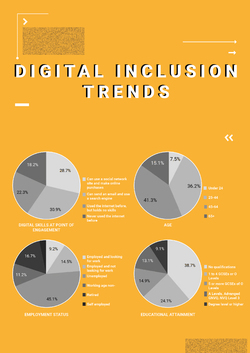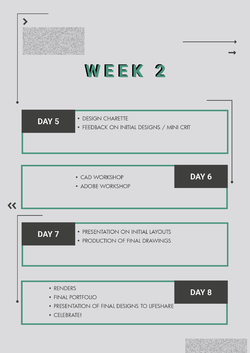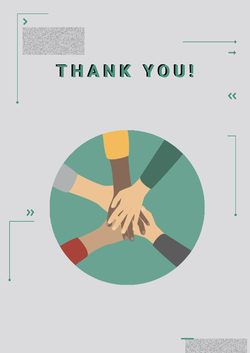OUR COLLABORATOR
Lifeshare was established in 1984 by a group of volunteers who recognised the lack of support for the city’s increasing number of rough sleepers. The charity has
Lifeshare was established in 1984 by a group of volunteers who recognised the lack of support for the city’s increasing number of rough sleepers. The charity has
Posted 10 Mar 2020 12:32


















